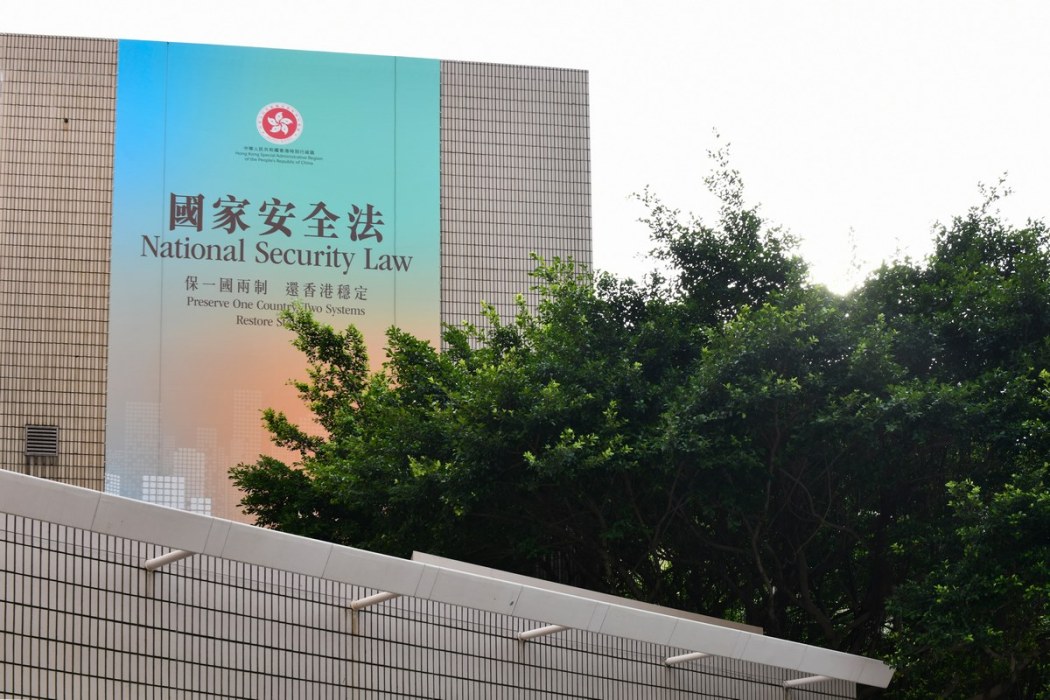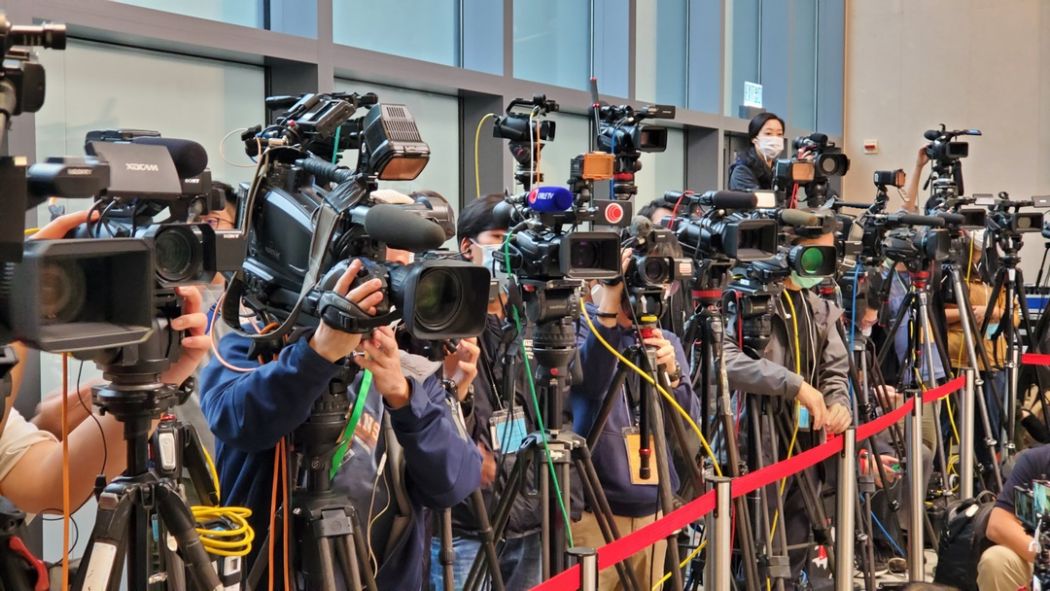International press freedom watchdog Reporters without Borders (RSF) has warned the Beijing-imposed national security law posed a “grave threat” to the city’s journalists as it released its 2021 world press freedom index on Tuesday.
In its latest index, Hong Kong’s ranking remained at 80 out of 180 countries and territories. The city had fallen seven places to 80th in the index last year, marking a dramatic fall from its place at 18th on the index in 2002. It now ranks below Togo and Kyrgyzstan.

The watchdog warned of a “censorship virus” spreading across Asia: “In the Asia-Pacific region, the censorship virus spread beyond China, in particular to Hong Kong (80th), where the national security law imposed by Beijing seriously threatens journalists,” an RSF statement on Tuesday read.
Critics have warn of a diminishing space for press freedom in Hong Kong after Beijing imposed a national security law on the city last summer. In recent weeks, the city’s police chief has vowed to probe any “fake news” deemed to imperil national security while the government has announced it is mulling a law to ban misinformation.
A journalist is currently facing trial in the city after she accessed public car registration records to investigate reports of police inaction during the Yuen Long mob attacks in 2019.

The annual index is based on information compiled from experts on abuse and acts of violence experienced by journalists in every region and takes into consideration various factors that ensure press freedom — including pluralism, media independence, self-censorship, transparency and the region’s legislative framework.
The Index considered developments in the city from January 1 to December 31, 2020.
‘Calm before the storm’
RSF East Asia Bureau Chief Cédric Alviani told HKFP that the lack in change in the city’s ranking does not necessarily mean threats to press freedoms in the city are unchanged. “I’d say this is the calm before the storm,” he said, adding that he was “very worried” about the national security law and potential self-censorship among journalists.
He said one reason the city’s ranking remained unchanged because of the inability of Hongkongers to demonstrate on the streets during the pandemic: “In the past year, there has been no violence on journalists. Demonstrators are not at liberty to demonstrate anymore.”

Alviani added that the index did not take into account developments for press freedom in recent months.
“So far, it’s still possible for journalists to do their work in Hong Kong. It’s just that the potential threat is higher and higher. We’re only seeing the first effects with the trial of Jimmy Lai,” he said, referring to the founder of pro-democracy Apple Daily who is facing multiple national security law charges and was sentenced to 14 months in prison last week over unauthorised assemblies in 2019. Alviani said Lai’s trials “send a very bad signal for the press in Hong Kong.”
“We are worried it’s going to get worse,” the bureau chief said.
‘Unprecedented levels’ of censorship
China, meanwhile, also held its place at 177th on the index, above only North Korea, Turkmenistan and Eritrea. The watchdog warned that internet censorship, surveillance and propaganda in the country under Xi Jinping’s leadership has reached “unprecedented levels.”
“Thanks to its massive use of new technology and an army of censors and trolls, Beijing manages to monitor and control the flow of information, spy on and censor citizens online, and spread its propaganda on social media,” the watchdog said in Tuesday’s statement.

RSF also warned of a growing global campaign of misinformation orchestrated by Beijing: “The regime is also expanding its influence abroad with the aim of imposing its narrative on international audiences and promoting its perverse equation of journalism with state propaganda.”
Mainland Chinese authorities keep a tight grip over information accessible online in what has been dubbed the country’s “Great Firewall.” Popular internet platforms including Google, YouTube, Facebook and Twitter are all censored in China.
The watchdog also said the coronavirus pandemic has been used to further restrict the free-flow of information in the Asia-Pacific region. “The region’s authoritarian regimes have used the Covid-19 pandemic to perfect their methods of totalitarian control of information.”
Support HKFP | Policies & Ethics | Error/typo? | Contact Us | Newsletter | Transparency & Annual Report | Apps
Help safeguard press freedom & keep HKFP free for all readers by supporting our team

latest national security stories























